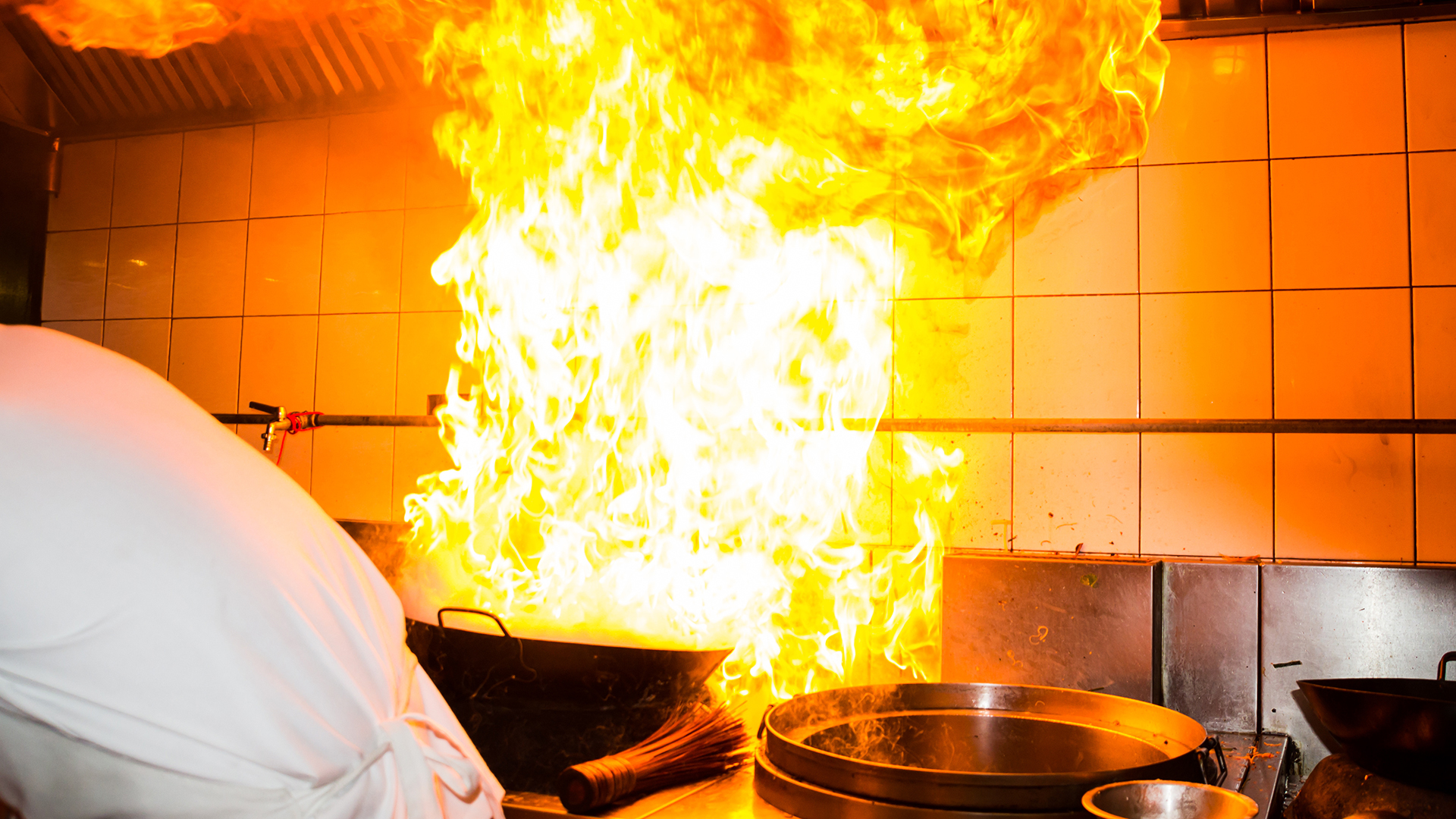
Common Life Safety Misconceptions for Restaurants and Commercial Kitchens
Running a busy operation. Managing table touches. Fielding customer concerns. Maintaining morale. All with a smile. Restaurant owners and managers can have an overwhelming checklist at times – and when dealing with a packed house and other people’s lives are at stake, life safety services cannot be put on the backburner. In March, we posted a blog about general common misconceptions regarding commercial fire safety and equipment.
Today, we want to focus on restaurants and businesses with commercial kitchens. To say it has been an unprecedented year for these businesses is an understatement. With nearly 90 years in the fire protection industry, our Operations team has witnessed some life safety faux pas within the restaurant industry, some of which are trending just within the last year and a half due to COVID-19. It is our goal that by sharing a few of these, we can help avoid future emergency situations and fire injuries for businesses with commercial kitchens.
Misconception #1: My commercial kitchen can be inspected annually. This has been coming up a lot lately. Some customers of ours recently have been told that if they do not cook every day, then they can have their commercial kitchen inspected annually, rather than semi-annually. This is not something we would recommend, and furthermore, it is not per NFPA guidelines. However, it is important that if a business with a commercial kitchen decides to do this, that they have approval in writing from both their AHJ and their insurance company. Ensure this variation from NFPA code is well documented.
Misconception #2: I don’t have to put the exhaust fan on before cooking or draining the oil from fryers. Unfortunately, when a restaurant employee does not turn the exhaust fan on during these times, it can lead to accidental system discharges. This means the suppression system will react and cause more of a mess than intended. Business will be disrupted with downtime for cleanup and maintenance of the fire suppression system.
Misconception #3: It’s OK to block the manual fire alarm pull station, even if just for a short time. Unfortunately, emergencies aren’t on anyone else’s timetable. On numerous occasions, our technicians have been performing an inspection where the manual pull station was blocked by carts or boxes, or sometimes even refrigerators. When an emergency strikes, there is no room for error. An employee must be able to easily locate the fire alarm pull station without needing to scramble or move items to alert people to the danger.
Misconception #4: Fire extinguisher training can come later. More than most, the restaurant industry has felt the impact of COVID-19’s struggle for labor. As the turnover was unfortunately high during the pandemic, newly hired employees weren’t greeted with the usual fire safety training. However, this is a life safety concern when employees are hired and they do not know working knowledge of a fire protection system or how to use a portable fire extinguisher. A “Class K” wet chemical portable fire extinguisher is mandatory in a commercial kitchen setting that uses high-efficiency cooking appliances capable of extremely high input/output rates for using vegetable oils, greases, etc. The “Class K” is meant to be the first line of defense only after the fixed suppression system has been activated, per NFPA 96 code 10.2.2.1. These systems and extinguishers must be properly inspected and maintained in compliance with NFPA-10. It is dangerous for an employee to not have working knowledge of where this fire extinguisher is located and/or how to use it. Once again, fire emergencies can happen at any time. It’s a matter of whether the staff members will be prepared to deal with it if it happens.
These are just a few of the more common life safety misconceptions our team has witnessed in the field regarding commercial kitchens and restaurants. Keep safety in mind in your daily routine. We are here to help! Contact us for additional information or to schedule service.

